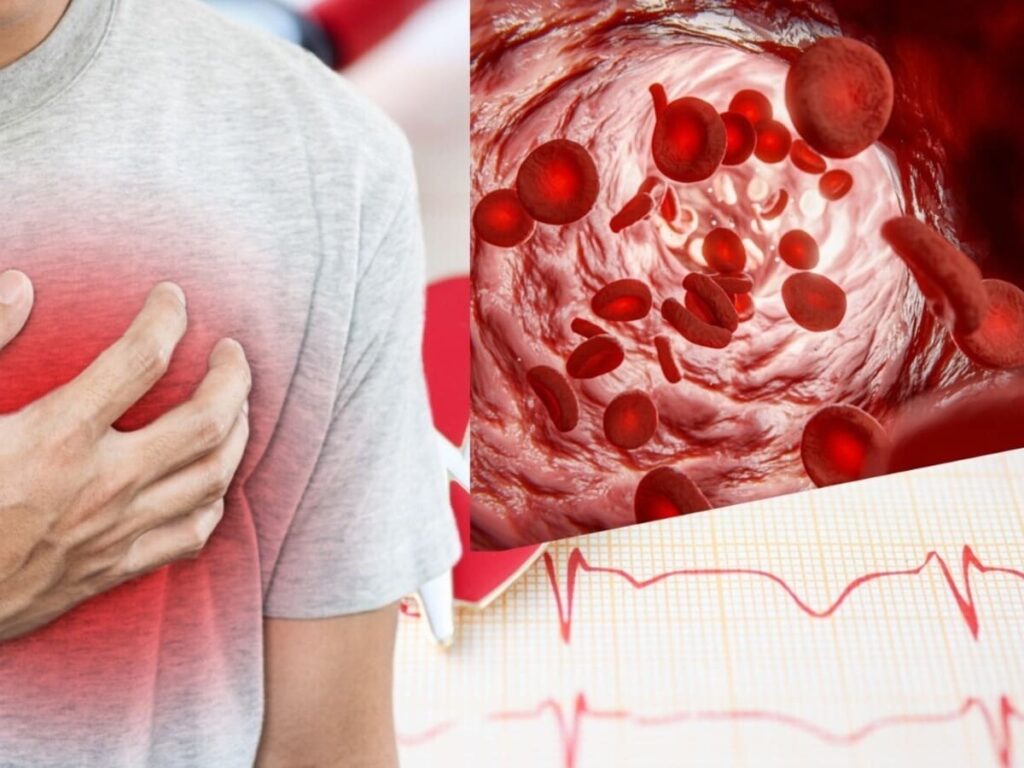“`html
Poor blood circulation can have serious consequences for your overall health, increasing the risk of heart disease and stroke. Understanding the symptoms associated with inadequate circulation is crucial for timely intervention and management. In this article, we will explore the various signs of poor blood circulation, their causes, and effective strategies to improve circulation for better health.
Understanding Blood Circulation
Blood circulation is the process by which blood flows throughout the body, delivering essential nutrients and oxygen to organs and tissues while removing waste products. Proper circulation is vital for maintaining health and preventing life-threatening conditions.
Symptoms of Poor Blood Circulation
Recognizing the symptoms of poor blood circulation can help individuals take proactive measures to improve their health. Here are the most common signs to watch out for:
1. Cold Extremities
Feeling cold in your hands and feet, even in a warm environment, can be a sign of poor circulation. This occurs when blood flow to the extremities is limited, resulting in lower temperatures in those areas.
2. Numbness and Tingling
Numbness or a tingling sensation in the arms or legs, often described as “pins and needles,” can indicate restricted blood flow. This symptom may occur sporadically or become more frequent over time.
3. Swelling
Swelling of the legs, ankles, and feet can result from poor circulation, leading to the accumulation of fluids in the tissues. This condition can cause discomfort and may be a sign of underlying circulatory issues.
4. Skin Changes
Poor blood circulation can lead to unusual skin changes, such as discoloration or a shiny appearance. The skin may also become dry or develop sores that heal slowly.
5. Muscle Cramps
Experiencing frequent muscle cramps, particularly during physical activity, may signal that your muscles are not receiving adequate blood flow. These cramps can be painful and may limit mobility.
6. Fatigue
Chronic fatigue or a feeling of tiredness can be linked to poor circulation. When blood flow is compromised, muscles and organs may not receive the oxygen they need, leading to exhaustion.
Causes of Poor Blood Circulation
| Cause | Description |
|---|---|
| Atherosclerosis | Hardening of the arteries due to plaque build-up, restricting blood flow. |
| Diabetes | High blood sugar levels can damage blood vessels, impairing circulation. |
| Obesity | Excess body weight can put strain on the circulatory system and reduce blood flow. |
| Sedentary Lifestyle | Lack of physical activity can lead to poor circulation and associated health risks. |
| Smoking | Nicotine constricts blood vessels, leading to reduced circulation. |
Improving Blood Circulation
Taking steps to improve blood circulation can reduce the risk of serious health issues. Here are practical strategies to enhance circulation:
1. Regular Exercise
Engaging in regular physical activity, such as walking, cycling, or swimming, can improve blood flow and strengthen the cardiovascular system.
2. Healthy Diet
Consuming a balanced diet rich in fruits, vegetables, whole grains, and healthy fats can promote cardiovascular health and improve circulation. Foods high in omega-3 fatty acids, like fish, are particularly beneficial.
3. Stay Hydrated
Drinking enough water helps maintain proper blood volume and circulation. Aim for at least eight glasses of water a day to keep your body well-hydrated.
4. Manage Stress
Chronic stress can negatively impact circulation. Implementing relaxation techniques such as meditation, yoga, or deep breathing exercises can help manage stress levels.
5. Avoid Tobacco
Quitting smoking and avoiding exposure to secondhand smoke can greatly enhance circulation and overall health.
Conclusion
Recognizing the symptoms of
